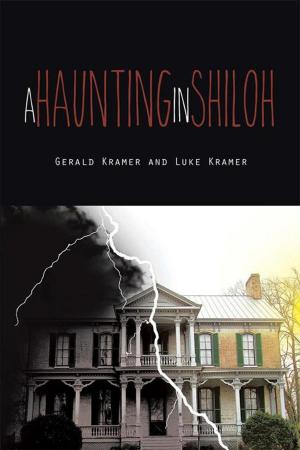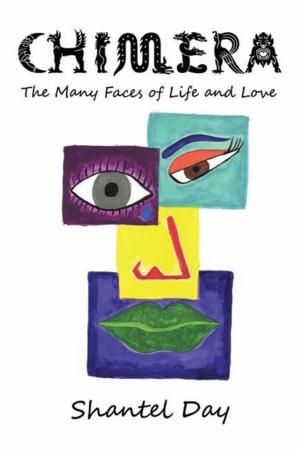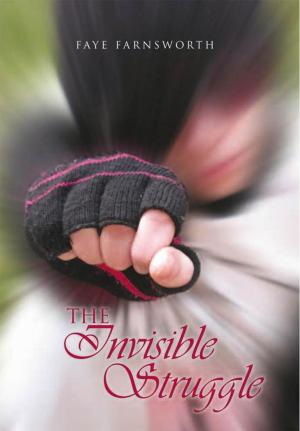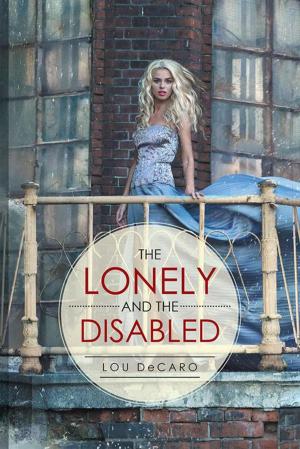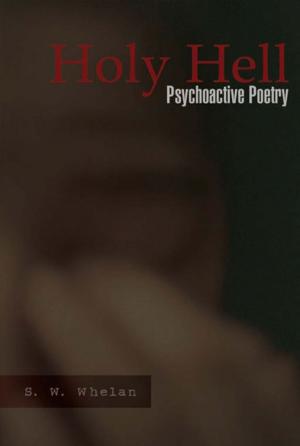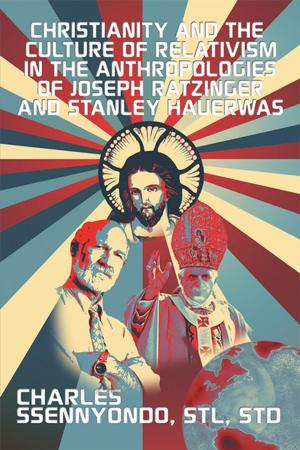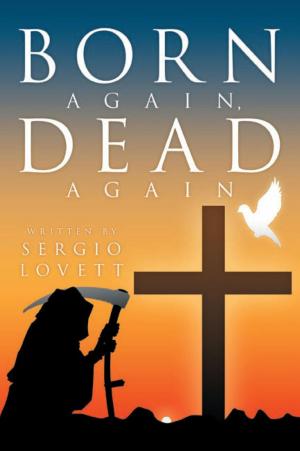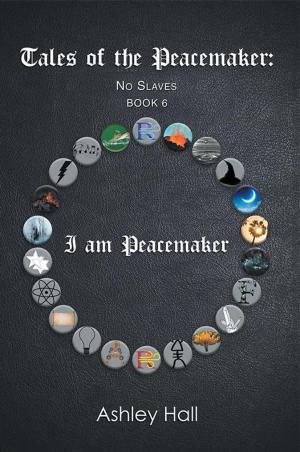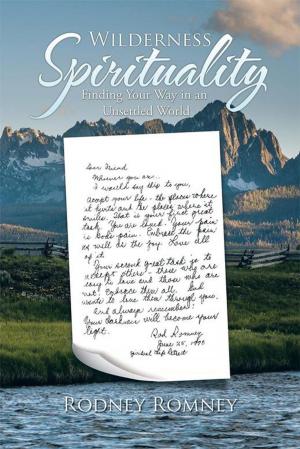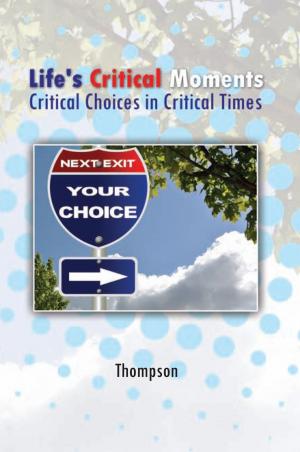| Author: | Tess Marcin | ISBN: | 9781462820672 |
| Publisher: | Xlibris US | Publication: | March 29, 2002 |
| Imprint: | Xlibris US | Language: | English |
| Author: | Tess Marcin |
| ISBN: | 9781462820672 |
| Publisher: | Xlibris US |
| Publication: | March 29, 2002 |
| Imprint: | Xlibris US |
| Language: | English |
Can anyone really write a book, about self, that has a true beginning and a true end? I believe one can only write about a time span between the two. To encompass more than that must be left to someone else after one is gone.
So one could call this book a series of essays, increments of time within the cycle of life.
One could call it a series of experiments, of lessons, as well as of choices made.
One could also call it a series of philosophical thoughts underscored by life.
Living a life, living the life, one human individual no different than any other. Acting out life, re-acting to life, we all do it. Is one anymore or anyless than another's? It depends on the choices made.
As the reader peruses a chapter here, a chapter there, the response could very well be, "Oh, I remember that!" "Oh, I've been there!" Etc., etc. There is a synchronicity in life it seems, and universal mind is part of it.
Are we different? Yes, but ...
Are we the same? Yes, but ...
Reading the book and reliving memories is nostalgia in action. How far back can one go when one seeks to remember? Amazingly quite a way back. Can one remember every word spoken? No. The writers, who say they can remember such detailed conversations, have taken literary license with their work. Unless they were fortunate to have been able to record everything or to have been able to keep a daily journal in extreme detail. Reading about a conversation of some fifty, sixty years in such exact detail is suspect. It begins to border on fiction .
So to create and recreate a life in progress it must be understood memories can be fickle. Never-the-less, however one manages to gather them together, they still make interesting reading.
Yes a door was opened and what spilled forth revealed the life of one human being.
The memories in the book do not quite cover a century, but they come pretty close. It was a period that seemed to take quantum leaps. We humans lived it, we ooed and aahed through all the events that took place on our watch. We were sad and we rejoiced. We even had that fleeting thought, "Will there be a tomorrow?" as we seemed to be living on the razors edge.
There was, there is, there will be ... If we humans actually begin acting civilized, instead of pretending to be.
Can anyone really write a book, about self, that has a true beginning and a true end? I believe one can only write about a time span between the two. To encompass more than that must be left to someone else after one is gone.
So one could call this book a series of essays, increments of time within the cycle of life.
One could call it a series of experiments, of lessons, as well as of choices made.
One could also call it a series of philosophical thoughts underscored by life.
Living a life, living the life, one human individual no different than any other. Acting out life, re-acting to life, we all do it. Is one anymore or anyless than another's? It depends on the choices made.
As the reader peruses a chapter here, a chapter there, the response could very well be, "Oh, I remember that!" "Oh, I've been there!" Etc., etc. There is a synchronicity in life it seems, and universal mind is part of it.
Are we different? Yes, but ...
Are we the same? Yes, but ...
Reading the book and reliving memories is nostalgia in action. How far back can one go when one seeks to remember? Amazingly quite a way back. Can one remember every word spoken? No. The writers, who say they can remember such detailed conversations, have taken literary license with their work. Unless they were fortunate to have been able to record everything or to have been able to keep a daily journal in extreme detail. Reading about a conversation of some fifty, sixty years in such exact detail is suspect. It begins to border on fiction .
So to create and recreate a life in progress it must be understood memories can be fickle. Never-the-less, however one manages to gather them together, they still make interesting reading.
Yes a door was opened and what spilled forth revealed the life of one human being.
The memories in the book do not quite cover a century, but they come pretty close. It was a period that seemed to take quantum leaps. We humans lived it, we ooed and aahed through all the events that took place on our watch. We were sad and we rejoiced. We even had that fleeting thought, "Will there be a tomorrow?" as we seemed to be living on the razors edge.
There was, there is, there will be ... If we humans actually begin acting civilized, instead of pretending to be.



